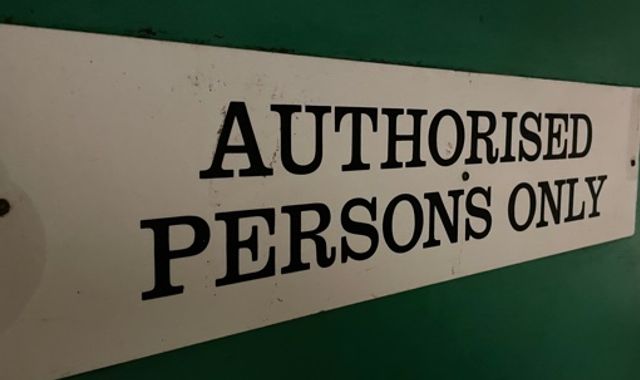Inquests into 21 killed in 1974 Birmingham pub bombings to begin
Written by News on 25/02/2019
Fresh inquests into the deaths of 21 people killed by suspected IRA bombs in Birmingham 45 years ago will begin this week.


On 21 November 1974, hundreds of people were enjoying a night out in Birmingham city centre, but at 8.17pm a bomb went off in the busy Mulberry Bush pub.
Ten minutes later, another exploded inside the Tavern in the Town.
Twenty-one people were killed and a further 182 were injured.
At the time it was the worst terror attack ever seen in England and is widely believed to have been carried out by the IRA.
This week, almost 45 years on, the new inquests will begin following a long campaign by their relatives.
Julie Hambleton led the campaign after her older sister, Maxine, who was 18-years-old, was killed in the attack.
“Maxine motivates me,” she told Sky News.
“Maxine motivates us, our family, and the other 20 because they all had families, they all had lives to live that were extinguished in the blink of an eye.”
She wants three things for the victims.
“Truth, justice and accountability,” she said.
“Twenty-one people were blown up in cold blood 45 years ago and still no one has been brought to justice.”
The original inquests were opened and adjourned soon after the attack, but they never resumed because of the ongoing criminal investigation.
Relatives of the victims have fought to have the people believed to be responsible for the attack named in court during the new inquests but coroner Peter Thornton QC ruled the issue of the perpetrators would not be part of the process.
That decision was overturned by the High Court after a legal challenge by the families. However, in September the Court of Appeal ruled in favour of the coroner.
Oliver Carter, a solicitor who specialises in inquests, said: “An inquest isn’t a trial.
“The purpose isn’t to assign blame or find out who was responsible for the deaths but to investigate the truth of what happened, to answer the questions of who died, when and where they died and how they died.
“While the families understandably want the perpetrators of the bombing to be named, the coroner, in his discretion, has decided that isn’t the purpose of this inquest.”
Within hours of the bombing six men were arrested. They were all from Northern Ireland but were living in Birmingham.
Five of them had left the city by train on the night of the attack to travel to a funeral in Belfast.
Hugh Callaghan, Paddy Hill, Gerry Hunter, Richard McIlkenny, Billy Power and Johnny Walker were charged and convicted and in 1975 were sentenced to life imprisonment for the bombings.
The men, who became known as the Birmingham Six, maintained their innocence and claimed they had been coerced into false confessions after abuse by police officers.
After a long campaign their convictions were eventually quashed by the Court of Appeal in 1991. They were released after nearly 17 years in prison for a crime they did not commit.
Their wrongful convictions are now widely considered to be one of the worst miscarriages of justice ever seen in Britain.
One of the Birmingham six, Paddy Hill, told Sky News: “It turned my whole life upside down and I am still a very angry man.
“It not only ruined my life but it ruined my parent’s life, my brothers, sisters, my wife, my six kids.
“It ruined all our lives and there’s no help for any of us.”
Since then no one has ever been convicted in relation to the attacks.
The inquests are expected to last between five and nine weeks.
(c) Sky News 2019: Inquests into 21 killed in 1974 Birmingham pub bombings to begin






